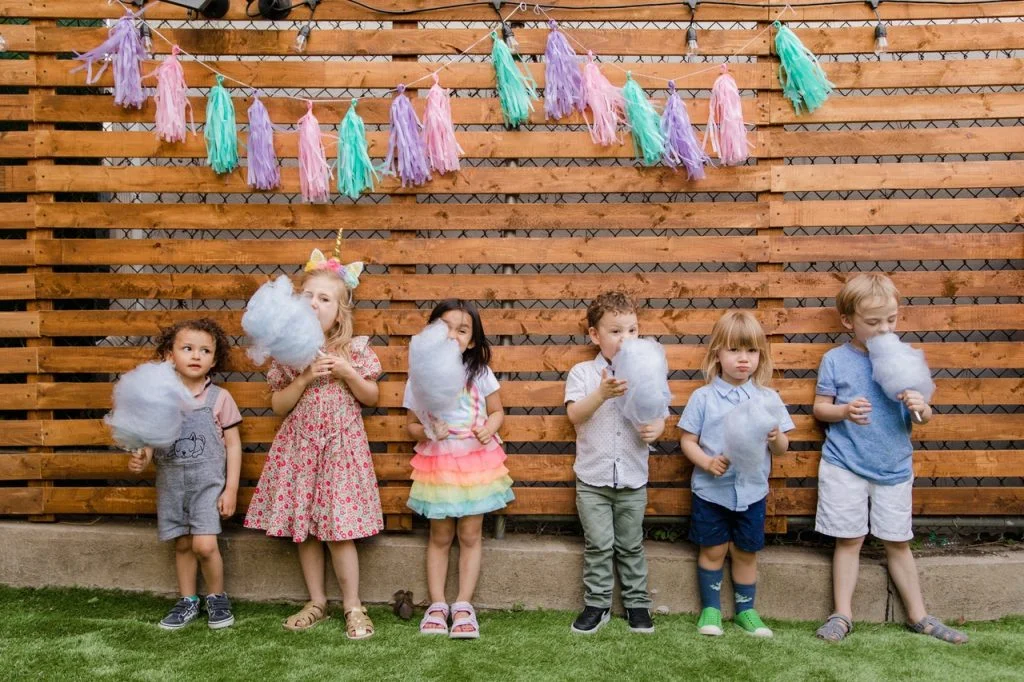Some parents chose to become foster parents of their own will, while some sort of fall into the role due to a relative’s circumstances. Raising foster children is very similar to raising biological children. Both require structure, love, discipline, and guidance. Both also have friends, homework, and after-school activities.
However, raising foster children still presents a few unique challenges. Therefore, it is important that foster parents know and understand the challenges they may face so they are well-equipped to help foster kids thrive.
Licensing Process
If you’re planning to foster a child, you need to go through an extensive licensing process. The process varies depending on each state, but most require foster parents to attend classes, complete a home study, and make sure that their homes pass the licensing criteria.
The process of home study may involve extensive interviews about the foster family’s financial situation, and how the foster parents were raised. This process helps ensure the stability of foster parents in terms of physical health, finances, and relationships, which are crucial in their ability to provide a safe home.
The licensing process may also require background checks, in which foster parents are required to provide references from people who can vouch for their ability to provide a stable, loving home to a foster child. The home inspection is also an important part of the licensing process to ensure that the home meets specific safety standards. In some states, a fire marshal may also conduct a home inspection.
If a home fails to meet minimum standards, the home may need some repairs, like getting bigger windows or replacing railings. Consider the cost of these repairs.
Uncertainty
Foster families may sometimes find it difficult to plan too far into the future because of the uncertainty surrounding a foster child’s living situation. About half of children in foster care eventually get reunited with their primary caregivers, but it takes many months or even years before it happens. When the reunion happens, the foster families are often left feeling hanging as they wait for authorities to decide whether it’s in the child’s best interest to be reunited with their primary caregivers.
Some children may be placed with relatives, moved to group homes, remain in foster care, or put up for adoption. Sometimes, foster families receive updates about what is going to happen. However, the move may sometimes feel very abrupt for foster families.
The process may entail numerous visits to the court, meetings, and changes to the plan, which can be stressful for everyone in the family. Foster parents often feel uncertain whether they should make plans that include a foster child. On top of it, they often have to answer difficult questions like, “Can I live with my Mom again?” or “Will I be put up for adoption?”
Birth Family Visits
Foster children who may be potentially reunited with their birth families or primary caregiver may have visits with them in a neutral location, where a professional will supervise the interaction. The visit may also occur in the birth family’s home if reunification is likely to happen. The schedule of visits can disrupt the foster family’s routines. The visits may take several hours, and occur several times a week.
Some foster families may also have to deal with inconsistent visits. This can happen if a birth parent has a mental illness or addiction, and does not show up during scheduled visits. If they show up but aren’t in a good emotional or physical state, the visit may be canceled. Foster parents may have to help the foster child deal with the effect of the canceled visit, a visit that didn’t go well, or the painful goodbyes to birth parents until the next visit. The foster parents are often responsible for taking the kids to their visits, and the schedule may change often with little or short notice.
Rules and Regulations
Each state has its own rules and regulations for foster parents. Some states may have quite restrictive rules that may take the foster families some time to get used to. Some foster children may not be allowed to ride a boat or spend the night at other people’s homes. They may even be restricted to travel out of the state.
In some states, a foster child is not allowed to be left with a friend or family member, even for a short period. They may only be placed in a licensed daycare. When a foster child is attending a party or play date, the foster parent may also need to send the names and addresses of the other child’s parents to the state guardian. Foster parents may also be required to store medication and alcohol in locked cabinets.
Getting Permission from Guardians
Foster parents can’t sign legal documents because they aren’t legal guardians. They may have to contact a child’s state-appointed guardian to sign medical forms or ask permission for a child to join a class field trip. Reaching the state guardian can sometimes be difficult, especially outside work hours, making simple tasks quite stressful.
Frequent Appointments
Some foster children may have special needs that necessitate frequent appointments. The most common treatments that foster children need include speech therapy, occupational therapy, medication management, and psychotherapy.
These frequent appointments may require foster families to have flexible schedules so the child can be present for all the appointments. This can be challenging for foster parents who have full-time work as they are often responsible for transporting the child to and from the appointment.
Emotional and Behavioral Challenges
It’s not unusual for children in foster care to have experienced abuse or neglect from members of their birth families. For this reason, many foster children manifest emotional and behavioral problems that may require special discipline strategies or therapeutic interventions to manage. Some foster parents receive training to deal with behaviors like ADHD and aggressive behavior.
Unknown History

Although child protective services always try to gather as much information as possible about a child’s history, there will always be information gaps. Birth parents may be in jail, abusing drugs, or holding back information. Or the child may have gone through many changes in caregivers, so no single adult knows all the things that the child has undergone.
One of the biggest information gaps often involves the birth mother’s pregnancy, like if she was abusing substances or alcohol while carrying the child. There may also be information gaps in the child’s developmental history, such as when a child started walking, talking, and reached other developmental milestones. The child’s genetic history may also be unknown, like if he or his family has a history of physical or mental health issues.
In the same way, a child’s history of trauma may also be uncertain. Foster parents may not be aware whether a child had been neglected, sexually or physically abused, or exposed to domestic violence. The information gaps may indicate attachment issues. Children who didn’t have to chance to bond with primary caregivers may have developed attachment disorders, such as reactive attachment.
The physical health problems, developmental delays, or mental health issues may only emerge after a child has been living with a foster family for a long period.
Saying Goodbye
Saying goodbye to a foster child, whether for the child to reunite with their birth family or be adopted, can be hard for everyone. Foster parents sometimes can’t maintain communication with their foster child, and it’s not unusual for foster parents to not know what happens to a foster child after they leave their home.
This can be distressful for the entire family. The biological children may not comprehend the situation and may struggle to manage the emotions that come with the loss of their sibling. This can happen quite frequently for foster families who take in several children in foster care. Children in foster care usually come and go, but sometimes, kids who previously moved out may move back in if their new placement didn’t work out.
This can still take an emotional toll on everyone in the family, so everyone needs to take care of their mental health as these kinds of emotions are dealt with. It’s undeniable that foster families face many unique challenges. Raising foster children requires a slightly different parenting approach, and a willingness to work with other people on raising a child.
But despite the extra challenges, fostering a child in transition can have its rewards. The ability to provide a loving, stable home to a child who cannot live with their birth parents can bring a reward much more than money can give.
If you believe you can deal with the unique challenges of foster parenting, reach out to Courage Community Foster Care today. We are a private child placement agency licensed by the Colorado Department of Human Services. Contact us to learn how your family can provide a home for children in foster care.




Recent Comments